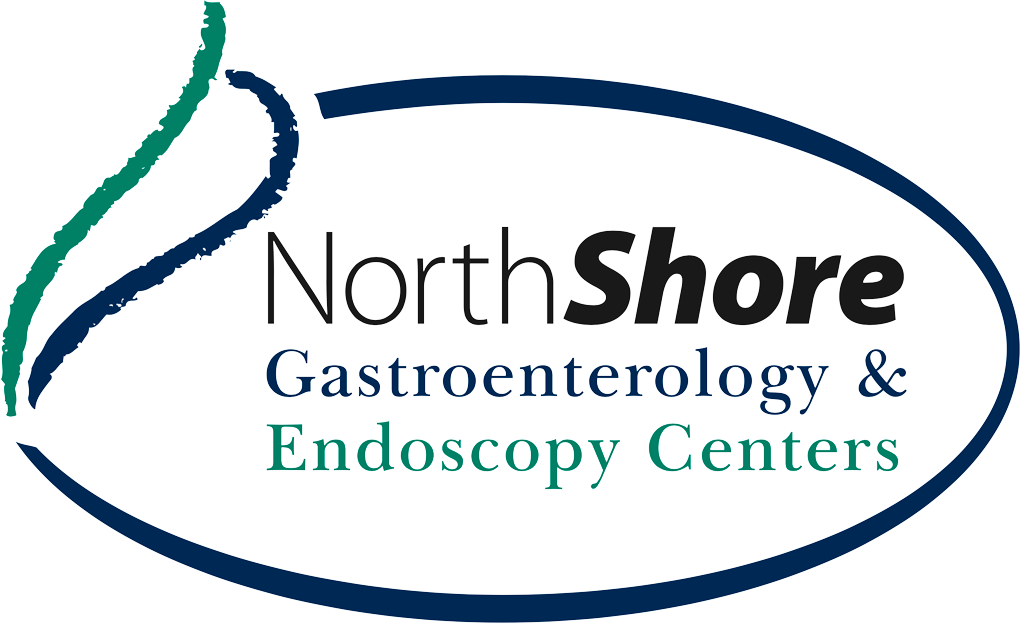Colon cancer is one of the leading causes of death worldwide. It is a type of cancer that affects the large intestine, also known as the colon.
The good news is that early detection can lead to effective treatment and even cure. This is why colon cancer screening is so important, especially for those at high risk.
However, there are various guidelines and recommendations on when to start colon cancer screening, which can be confusing. Here is a brief introduction to colon cancer and colon cancer screening. Additionally, we will discuss the latest guidelines and recommendations from reputable organizations to help you understand when you should start getting screened for colon cancer.
Understanding Colon Cancer and The Role of Screening in Colon Cancer Prevention
Colon cancer typically begins as small, benign clumps of cells called polyps. Over time, some of these polyps may develop into colon cancers. The process is usually slow, providing a window of opportunity for effective intervention if detected early.
Screening plays a crucial role in preventing colon cancer. Regular screening tests can identify precancerous polyps so they can be removed before they have a chance to turn into cancer. This proactive approach is far more cost-effective than treating colorectal cancer, particularly if compliance rates are high and screening test costs are reasonable.
Different Screening Tests
Several tests are available for colon cancer screening, each with advantages and limitations. Common ones recommended by the American Cancer Society include:
Highly Sensitive Fecal Occult Blood Tests (FOBT)
This is a non-invasive test that checks for hidden (occult) blood in the stool. It’s done once a year at home using a kit provided by your provider. If blood is detected, further testing is needed to find the source of the bleeding.
Stool DNA Test (FIT-DNA)
This is an at-home test that not only checks for occult blood but also for certain DNA mutations that can be a sign of cancer. It combines the FIT (Fecal Immunochemical Test) with a test that detects altered DNA in the stool. If positive, a colonoscopy is recommended.
Colonoscopy
This procedure is performed by a GI doctor using a long, flexible tube equipped with a tiny video camera. The doctor can view the entire colon and rectum and remove polyps or other abnormal tissue for further examination if necessary.
This test is usually done every 10 years unless polyps are found.
CT Colonography (Virtual Colonoscopy)
This test uses CT scanning to obtain an interior view of the colon that can be used to identify polyps or cancer. If abnormalities are detected, a traditional colonoscopy may be required to remove them.
Flexible Sigmoidoscopy
This test allows the doctor to examine the rectum and the lower third of the colon using a flexible, lighted tube. If polyps are found, they can be removed during the procedure, or a colonoscopy may be recommended.
The choice of test depends on various factors including your personal preferences, medical condition, the expected performance of the test, availability, and whether you’re likely to complete the test.
When to Begin Screening
The age at which you should begin colon cancer screening depends on your risk level:
Average Risk
If you’re at average risk of colon cancer — meaning you have no other risk factors other than age — the American Cancer Society recommends starting regular screening at age 45. This update from the previous standard of 50 years is due to increasing rates of colon cancer in younger populations.
This can be done either with a sensitive test that looks for signs of cancer in a person’s stool (a stool-based test) or with an exam that looks at the colon and rectum (a visual exam).
An individual is regarded as having an average risk if they do not possess:
- A personal medical history involving colorectal cancer or certain polyp types
- A familial history of colorectal cancer
- Previous personal experiences with ulcerative colitis or Crohn’s disease
- A confirmed or suspected hereditary colorectal cancer syndrome, such as familial adenomatous polyposis (FAP) or Lynch syndrome
- A personal history of exposure to radiation in the abdominal or pelvic region as part of a previous cancer treatment.
For people ages 76 through 85, the decision to be screened should be based on a person’s preferences, life expectancy, overall health, and prior screening history, while people over 85 should no longer get colorectal cancer screening.
High Risk
If you have a family history of colon cancer or polyps, a personal history of inflammatory bowel disease (Crohn’s disease or ulcerative colitis), genetic syndromes such as familial adenomatous polyposis (FAP) or hereditary non-polyposis colorectal cancer (Lynch syndrome), It is recommended to start screening before age 45. The exact age and frequency depend on your specific risk factors.
Colon Cancer Screening Near Me in Westlake and Brooklyn, OH
Remember, colon cancer doesn’t always cause symptoms, especially early on. That’s why regular screening is so important. If you’re 45 or older or have a family history of colon cancer, it’s time to schedule your screening.
At North Shore Gastroenterology, we offer a range of colon cancer screening options designed to fit your individual health needs and lifestyle. From non-invasive stool-based tests to colonoscopy, we’re committed to providing you with the best care possible.
For more information or to schedule a consultation, call our office today at (440) 808-1212 or use our convenient online appointment request form. We look forward to serving you!
